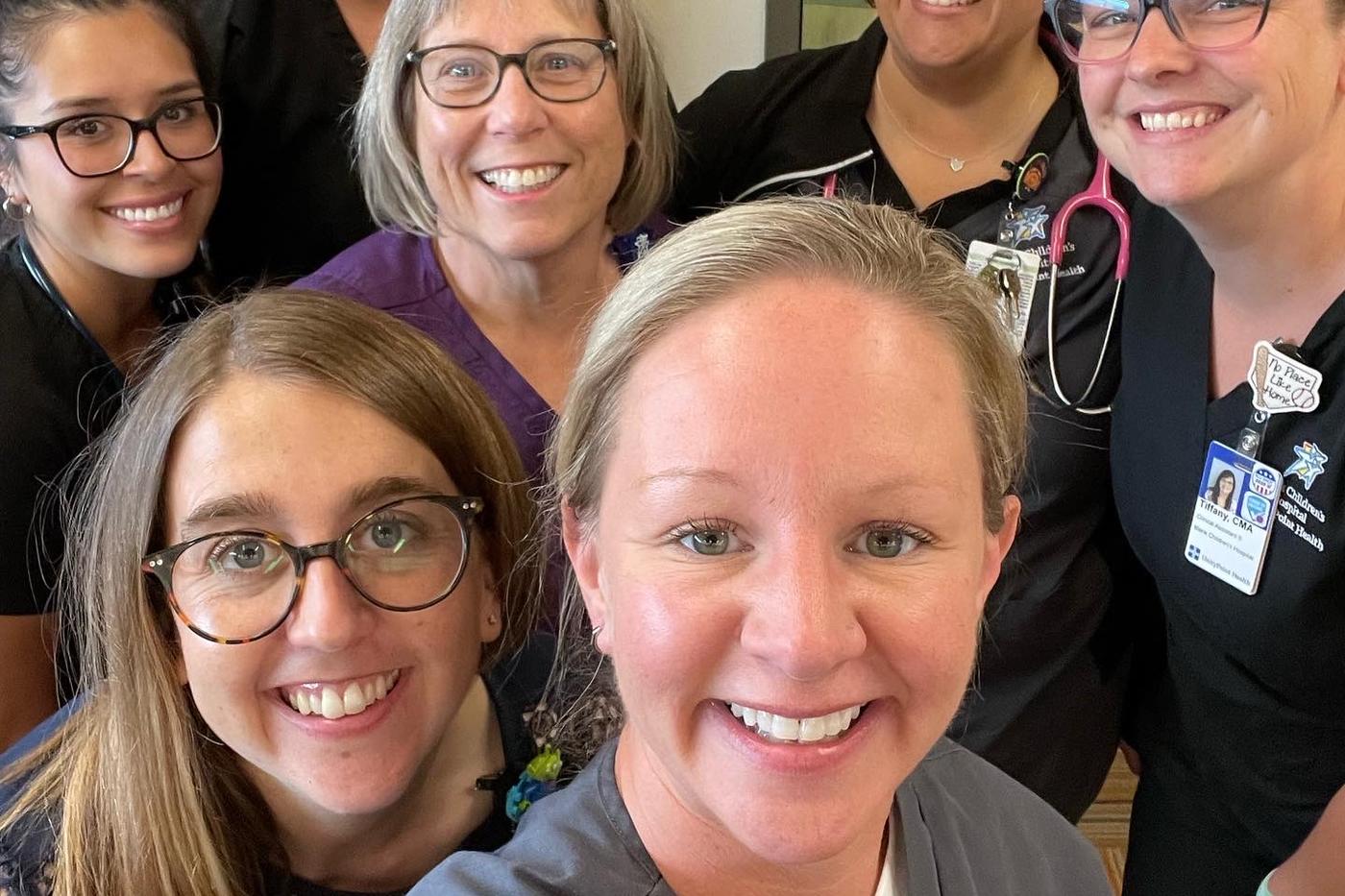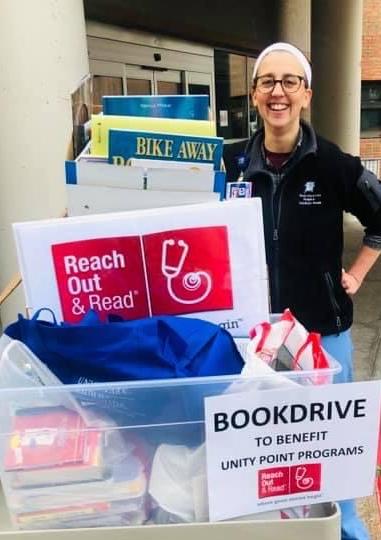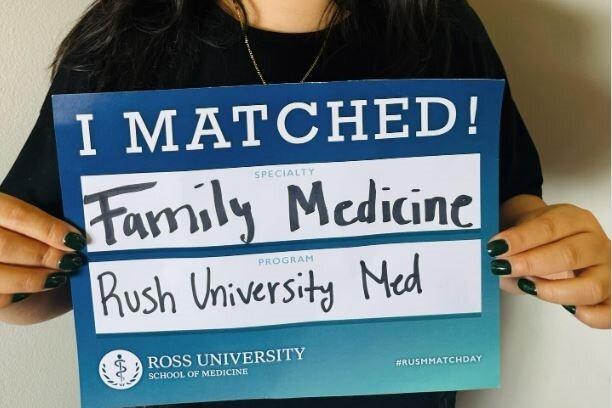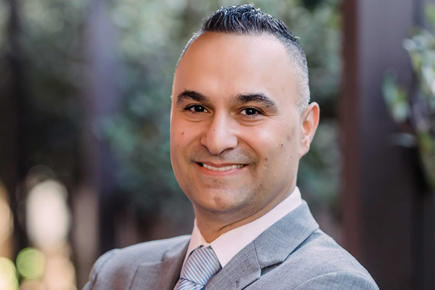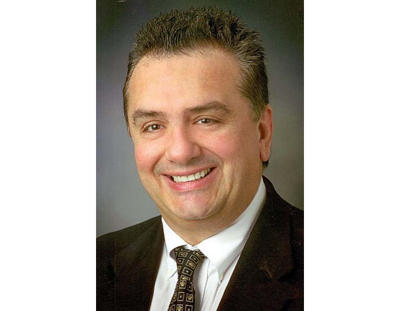“My pediatrician was extremely invested in my health when I was growing up. He made sure that I understood what was happening, the importance of being healthy and how that sets you up for a healthy life. I wanted to care for children and provide that same experience,” says Dr. Burt.
Once she arrived at RUSM, in addition to helping pediatric residents with their research, she was eager to spend any free time helping the community at pediatric outreach clinics and free health clinics. On campus, she served as a new student ambassador, pairing students with advisors and helping them to make the transition to island life and the rigors of medical school.
Looking back on the process of matching, she remembers feeling anxious. Applying to about 200 programs, including family medicine programs, she was excited to be invited to almost 70 interviews.
Learning the soft skills and taking them on the road
Now a Chief Resident at Iowa Methodist Medical Center and Blank Children’s Hospital in Des Moines for the 2021-2022 year, she remembers the benefits of the soft skills she developed while at RUSM. “I learned to be adaptable and flexible in the face of change, staying organized, time management, keeping perspective when dealing with patients and focusing on what patients really need,” says Dr. Burt. “I’m grateful for the opportunity that my RUSM education has given me. The skills I learned during medical school have been incredibly valuable during my residency.” Her days now are spent scheduling, educating residents and medical students, and working on the inpatient service as a pediatric hospitalist.
“I’ve learned that Des Moines, while not a large city, is very culturally and economically diverse,” says Dr. Burt. “We see many low-income patients on Medicaid, who don’t have the resources that they need. I would estimate that 30-40% of our patients are on Medicaid and approximately 3-4% do not have medical insurance. We also see many population-specific cases. For example, with the large African American population in the Des Moines area, we see cases of sickle-cell anemia. We also see hematologic disorders and red blood cell enzyme deficiencies with the Middle Eastern population here. Typically, such patients would need to be seen at a large hospital or a university institution. But our hospital can treat many of these patients and they come to us from a wide geographic area.”
Healthcare and education provide a lifetime of benefits
Along with children’s health, Dr. Burt has a strong interest in early childhood literacy. During her residency, she’s been involved in the newborn nursery, encouraging parents to stimulate early childhood brain development by talking and reading to their children. Involved with the Reach Out and Read organization, the only national pediatric literacy model endorsed by the American Pediatric Association, she facilitates the partnership with the hospital to provide books during children’s medical visits. Dr. Burt plans to serve as a future Medical Director for the Iowa Chapter of the organization.
Looking forward to a promising future in pediatrics
After residency, Dr. Burt plans to continue working with underserved patients and is currently applying for general pediatrician roles in Des Moines. “I want to help my patients navigate both the medical and social systems and help them find the support and resources they need to reach their highest potential without health or medical limitations. My degree from RUSM will allow me to have that opportunity.”
The years in residency have allowed Dr. Burt to focus on what she can learn from her patients. “Working with kids all day, you come to realize how resilient they are. One of my oncology patients used her time in the hospital to get to know people and drew pictures and wrote stories that had nothing to do with her cancer. Finding a way to enjoy life despite her illness was most important to her. Kids have such a different perspective on life and I feel fortunate to learn from them.”

